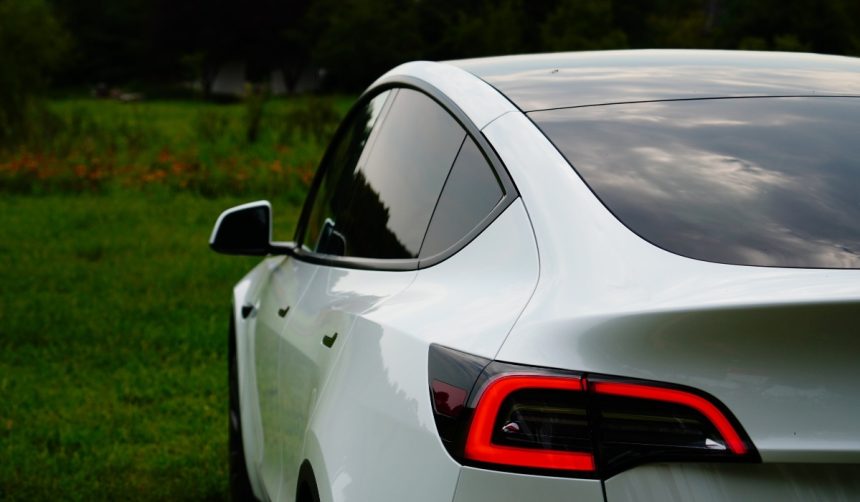California has taken a significant step towards integrating autonomous technology into the heavy-duty trucking industry. The state’s new proposal permits the testing of self-driving Class 8 trucks and other large vehicles on public highways, marking a pivotal moment for companies like Tesla aiming to deploy driverless technologies in commercial transportation. This move is expected to accelerate the development and refinement of autonomous systems in the logistics sector.
Recent discussions around autonomous trucking have highlighted the need for comprehensive regulations to ensure safety and efficiency. Compared to earlier stages of self-driving vehicle regulations, this proposal specifically addresses the unique challenges posed by heavy-duty trucks, which were previously excluded from public road testing in states such as Texas, Arizona, and Arkansas. This targeted approach reflects a growing recognition of the distinct requirements for large vehicle automation.
How Will Testing Routes Be Determined?
The proposed regulations mandate that autonomous heavy-duty trucks operate on designated routes pre-approved for their size and weight. These routes are primarily major highways, excluding city streets, to accommodate the logistical needs and safety standards required for large vehicles. By limiting testing to specific corridors, the state aims to minimize potential disruptions and ensure that the infrastructure can support the operational demands of self-driving trucks.
What Restrictions Are in Place for Vehicle Types?
Under the new proposal, certain types of heavy-duty vehicles will face testing prohibitions. Specifically, household movers, passenger-transporting commercial vehicles, as well as those carrying oversized loads, bulk liquids, or hazardous materials, are excluded from the testing allowances. These restrictions are intended to mitigate risks associated with complex cargo and ensure that only suitable vehicle types are part of autonomous trials.
How Will Manufacturers Comply with Testing Requirements?
Manufacturers seeking to conduct self-driving tests must adhere to stringent mileage requirements. While standard vehicle testing mandates a minimum of 50,000 miles, heavy-duty truck manufacturers are required to complete at least 500,000 autonomous testing miles, with up to 40,000 miles permitted outside California. This rigorous testing ensures that autonomous systems are thoroughly vetted for reliability and safety before wider deployment.
“A look inside Tesla’s Semi factory,” tweeted TESLARATI, showcasing the ongoing development efforts by the electric vehicle manufacturer. Tesla is actively testing its Full Self-Driving (FSD) technology on the Semi in Nevada, positioning itself to launch this feature on their Class 8 trucks once regulatory approvals are in place.
The DMV is scheduled to hold a public hearing on June 10 to discuss the proposal, following which the regulations may advance further. This initiative aligns with broader governmental efforts to streamline autonomous vehicle deployment, including recent moves by the Trump administration to expand exemptions for certain reporting requirements. As California continues to refine its autonomous trucking framework, the state’s approach may set a precedent for other regions considering similar advancements.
The introduction of self-driving heavy-duty trucks in California represents a critical juncture for the transportation industry. By establishing clear guidelines and requirements, the state is facilitating innovation while prioritizing safety and infrastructure compatibility. Companies like Tesla stand to benefit from these developments, potentially leading to more efficient and technologically advanced logistics operations. Stakeholders will need to closely monitor the outcomes of the proposed regulations to understand their long-term impact on the autonomous vehicle landscape.










